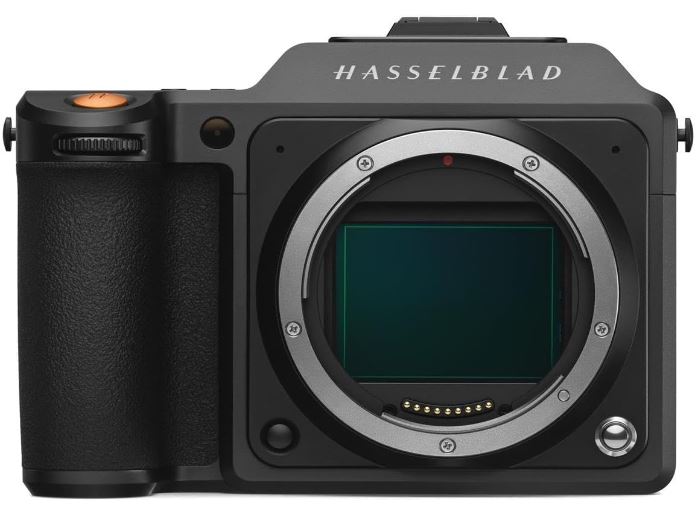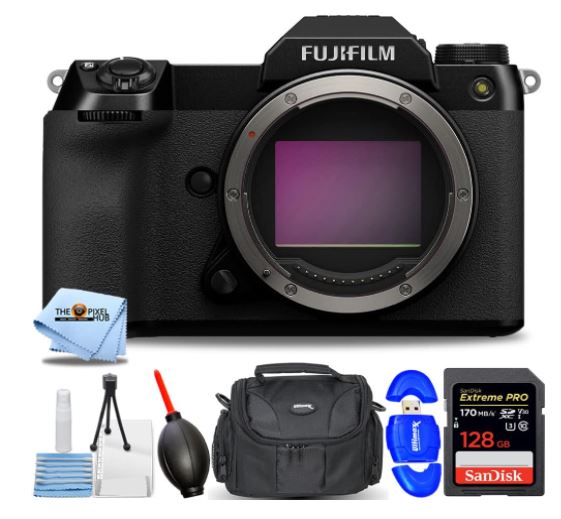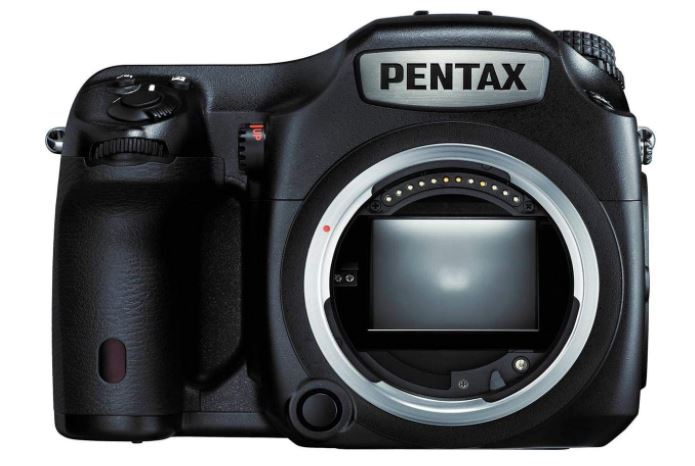Medium format cameras are renowned for their exceptional image quality and impressive resolution. To fully capitalize on the benefits of these sophisticated devices, achieving sharp focus is paramount.
This article provides an in-depth guide on how to ensure pin-sharp focus with your medium format camera, optimizing your photography for maximum clarity and detail.
Keep Reading: Medium Format Underwater Photography
Understanding Medium Format Cameras
| Image | Product | Price |
|
Our Pick
1

|
Hassel X1D |
|
|
2

|
Fujifilm GFX |
|
|
3

|
Pentax 6457 |

Medium format cameras differ from their full-frame and crop-sensor counterparts by utilizing larger image sensors. This size difference allows for higher resolution, improved dynamic range, and superior detail. These cameras are typically used in professional settings where image quality is critical. To achieve the highest level of sharpness, understanding the fundamentals of these cameras is essential.
Selecting the Right Lens
The lens you choose plays a crucial role in achieving sharp focus. Prime lenses, known for their superior optical quality, often provide sharper results than zoom lenses. When selecting a lens, consider:
- Aperture Size: Lenses with a wide maximum aperture (e.g., f/2.8 or f/1.4) can produce sharper images at lower f-stops.
- Build Quality: High-quality lenses with robust construction tend to have better optical performance.
Focusing Techniques
Achieving sharp focus with a medium format camera involves employing precise focusing techniques:
Manual Focus
For critical sharpness, manual focus is often preferred over autofocus. Medium format cameras, with their larger viewfinders, offer excellent precision in manual focusing. Use the following tips:
- Focus Peaking: Enable focus peaking if available. This feature highlights the areas of the image that are in sharp focus.
- Magnification: Use the camera’s magnification feature to zoom in on the subject for fine-tuning focus.
Autofocus
When using autofocus, ensure that:
- Single Point Focus: Set your camera to use a single point focus system to lock onto your subject precisely.
- Focus Lock: Use the focus lock feature to hold the focus in place while you compose the shot.
Optimal Aperture Settings
The aperture setting significantly impacts the sharpness of your images. Generally, the sharpest results are achieved by:
- Avoiding Extreme Apertures: Apertures that are too wide or too narrow can lead to softer images due to optical aberrations and diffraction.
- Sweet Spot: Most lenses have a “sweet spot” between f/8 and f/11, where sharpness is maximized.
Using a Tripod
A tripod is essential for ensuring sharp focus, particularly in low-light conditions or when using slow shutter speeds. A stable tripod reduces camera shake, which is crucial for achieving sharp images. When using a tripod:
- Ensure Stability: Place the tripod on a stable surface and ensure all legs are securely locked.
- Remote Shutter Release: Use a remote shutter release or self-timer to avoid camera movement when taking the shot.
Proper Camera Handling
Good camera handling practices also contribute to sharp focus:
- Hold Steadily: Hold the camera with both hands and brace your elbows against your body to minimize movement.
- Breathing Technique: Exhale slowly and gently press the shutter button to reduce camera shake.
Post-Processing for Enhanced Sharpness
While capturing sharp images in-camera is crucial, post-processing can further enhance image clarity. Utilize software tools to:
- Sharpen Images: Apply sharpening adjustments to bring out detail and improve overall clarity.
- Correct Lens Aberrations: Use software to correct any lens distortions that may affect image sharpness.
Lens Calibration
Occasionally, lenses may need calibration to achieve optimal focus accuracy. Check if your camera and lens system offers calibration options and follow the manufacturer’s instructions for adjusting focus settings.
Testing and Practice
Regularly test your camera and lens setup to ensure consistent performance. Practice different focusing techniques and settings to understand how they affect image sharpness.
Conclusion
Achieving sharp focus with a medium format camera requires a combination of precise techniques, proper equipment, and careful handling. By understanding and applying these principles, photographers can maximize the potential of their medium format cameras and capture images with exceptional clarity and detail.

